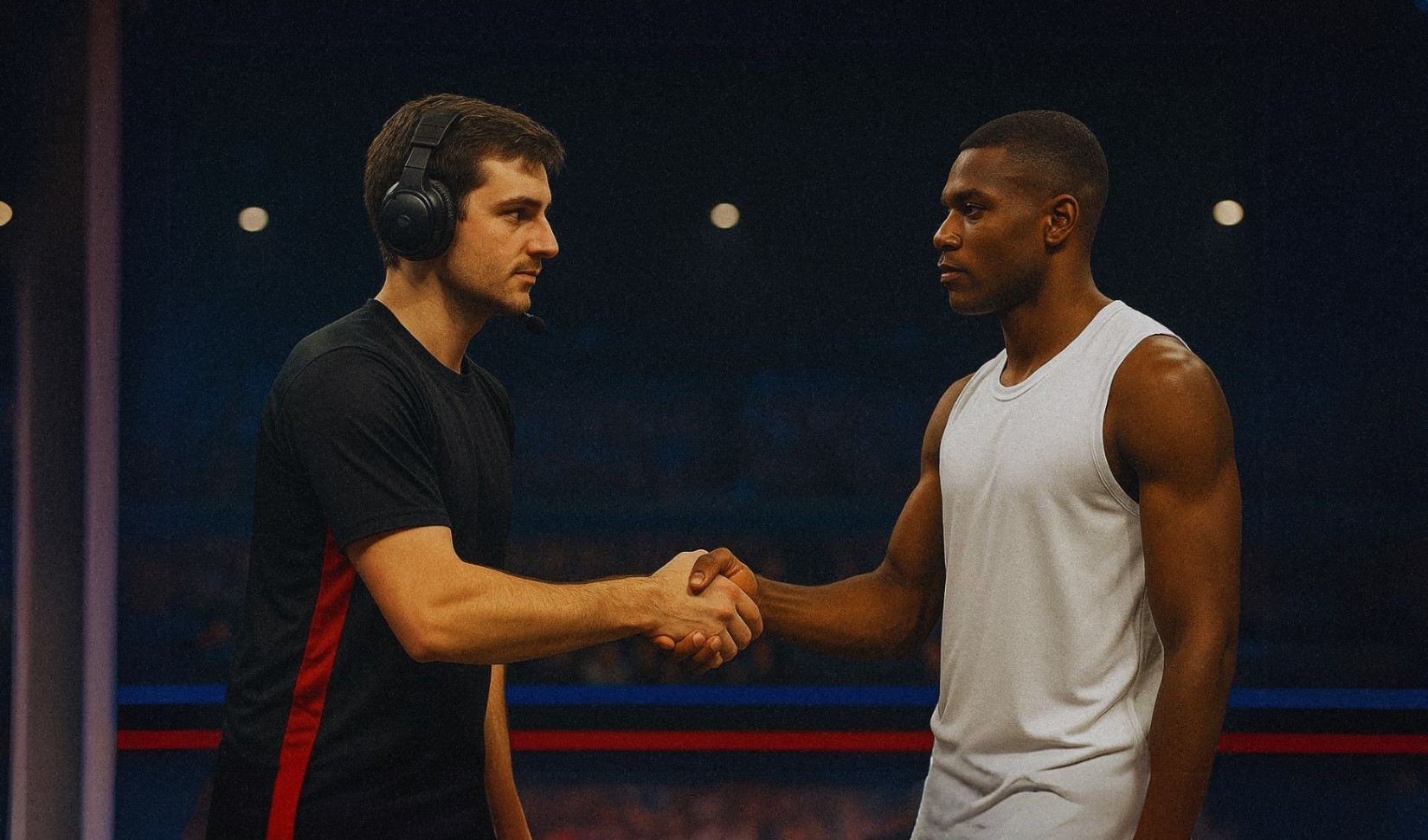
Not long ago, asking if esports could ever compare to traditional sports was like asking if a YouTuber could be as influential as a movie star. Today, both realities are not only possible, they’re already happening.
We’re living in a career landscape that’s being rewritten in real-time. The arenas of the future aren’t always built with bricks and grass, they might just be built with code and Wi-Fi.
So, here’s the big question: Can esports and traditional sports coexist? Or are we watching the slow handover of cultural power from one to the other?
Spoiler: It’s not a competition. It’s a collaboration.
The World Is Changing, and So Is the Definition of Sport
For decades, “sport” was synonymous with physical exertion, competition, and performance. But what if we shift the definition?
Let’s try this:
Sport is organized competition that challenges human skill, coordination, strategy, and endurance physically or mentally with the purpose of entertainment, achievement, and personal growth.
With this lens, the line between esports and traditional sports starts to blur. One uses muscle memory and physical agility. The other uses mental agility, strategic depth, and superhuman hand-eye coordination.
Both demand dedication. Both involve fans, sponsorships, and global events. Both are shaping the next generation of careers.
The Shared DNA of Esports and Traditional Sports
To truly appreciate the coexistence, let’s go deeper than just the surface similarities. Here’s a side-by-side look, not just of roles, but of philosophies.
| Core Element | Traditional Sports | Esports |
|---|---|---|
| Human Performance | Physical endurance, training, and fitness | Cognitive speed, reaction time, focus under pressure |
| Strategy & Analysis | Playbooks, tactics, and on-field decisions | Real-time decision making, meta-game strategies |
| Team Dynamics | Leadership, communication, synergy | Same, often under more rapid, high-stakes conditions |
| Audience Experience | Stadiums, live events, merchandise | Livestreams, digital interactivity, creator culture |
| Career Ecosystem | Coaching, medicine, marketing, media | Coaching, wellness, marketing, content creation |
| Emotional Investment | National pride, local rivalries | Fandom built around teams, creators, and narratives |
What this shows is profound: The framework of competition, fandom, and culture is universal. The medium is just evolving.
Esports Isn’t Replacing Sports. It’s Reimagining What Engagement Looks Like.
Think about the 12-year-old who no longer watches TV, but spends two hours a night on Twitch watching pro gamers. Or the teen who doesn’t follow football scores, but can list the top Valorant teams in Asia-Pacific. This isn’t disengagement from sport, it’s a shift in where their passion lives.
Traditional sports relied on passive viewership. Esports thrives on active participation. Fans don’t just watch, they stream, comment, analyze, and even compete.
This is the future of engagement, interactive, immersive, and community-driven.
Insight: Traditional sports leagues are already picking up on this. The NFL now streams on Twitch. Formula 1 has its own esports championship. The NBA runs the NBA 2K League. Why? Because esports isn’t stealing the spotlight, it’s illuminating where the next generation is looking.
Career Paths: The Hidden Goldmine in Esports
Let’s zoom in on careers. The headline-making players, the pros make up a tiny fraction of the industry. But the ecosystem around them is massive. Think of esports not just as games, but as a universe of careers where media, technology, psychology, and business collide.
Here’s a snapshot of real roles that exist in the esports space:
-
Esports Event Producer – Plans live and virtual tournaments, ensuring seamless experiences.
-
Performance Coach – Trains teams in reflex optimization, mental resilience, and burnout prevention.
-
Data Analyst – Tracks in-game metrics to refine strategies and predict outcomes.
-
Content Strategist – Develops storytelling for teams and players across social platforms.
-
Shoutcaster (Esports Commentator) – Brings live matches to life, engaging audiences with expertise and energy.
-
Sponsorship Manager – Connects brands with the right teams, streams, or events.
And here’s the twist: Many of these careers also exist in traditional sports. The difference is in the tools, the culture, and the audience. The skills? Highly transferable.
What Should Young People (and Their Parents) Know?
If you’re a student, gamer, or recent graduate unsure how esports fits into a “real” future, here’s the truth:
1. It’s Real
It’s not just real, it’s growing. According to Newzoo, the global esports audience hit 532 million in 2023, and that number keeps climbing. Esports teams, brands, and organizations need creative, skilled talent now more than ever.
2. It’s Relevant
Studying marketing, sports science, media, coding, or event management? You’re already aligned with esports. The industry’s biggest need isn’t always more players, it’s people who can help build and sustain the ecosystem.
3. It’s Respected
More universities now offer esports degrees, scholarships, and competitive programs. Governments are recognizing esports as a legitimate sport. Big brands (Red Bull, Intel, Nike) are investing. The credibility is no longer up for debate, it’s being backed by data, money, and institutions.
“I never thought of esports as a career until I realized my video editing skills could help teams market themselves.” – Sam P. Dunn, a 21-year-old who became a successful freelance video editor for a competitive team
Why Coexistence Is the Goal (Not Competition)
Let’s address the elephant in the room: Are we witnessing the decline of traditional sports?
Not at all.
What we’re seeing is integration. Just like music went from records to Spotify, and films from cinema to streaming, sports are expanding, not dying.
Hybrid events, crossover athletes, and digital companion content are already blending the lines.
Example: Soccer player Neymar streams games on Twitch. Formula 1 launched a virtual Grand Prix. And FIFA esports tournaments are now watched by millions.
This is not a war. It’s a collaboration.
At Nexgen, we believe that the future of work will be shaped by industries that blend creativity, tech, and culture and esports is leading that charge.
That’s why we champion career paths that aren’t always traditional, but are undeniably relevant. Whether you’re into coaching, analytics, event planning, or digital storytelling, there’s space for you in this future.
So ask yourself:
-
What lights you up, strategy, storytelling, teamwork?
-
How can your interests in traditional sports or gaming guide your next steps?
-
What skills can you build today to work in the industries of tomorrow?
The Future of Sports Is Bigger Than We Imagined
Esports and traditional sports don’t need to compete for relevance. They already share more than they differ. Their coexistence isn’t just possible, it’s essential to how we engage, compete, and connect as a global community.
The field has changed. The fans have changed. The careers are changing. The only question left is: are you ready to explore it?
